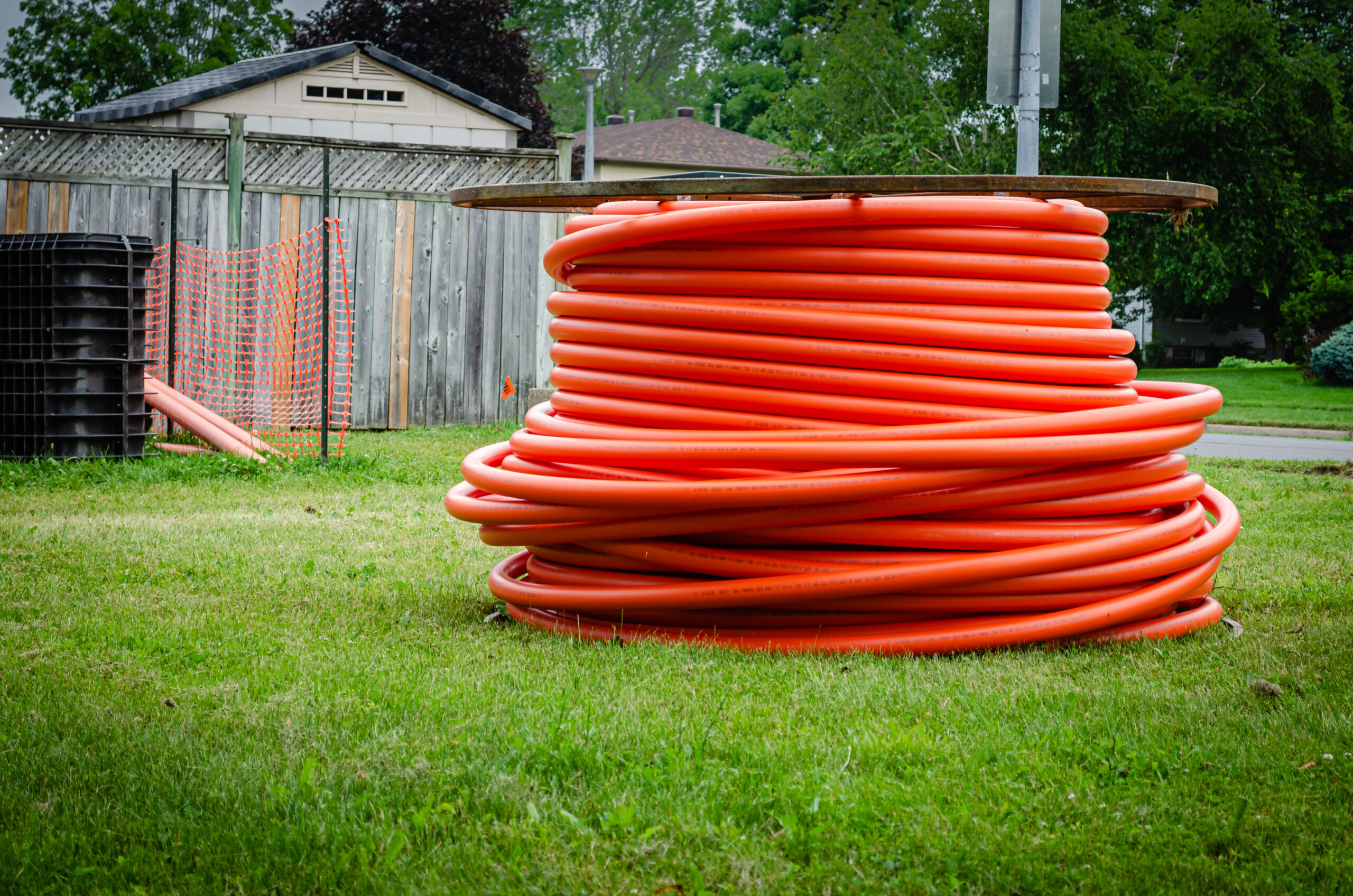
Maryland is ranked third in the nation for best broadband access, with an impressive 86% of households subscribed to the internet compared to 83% nationally. Yet, according to 2018 American Community Survey findings released by the U.S. Census Bureau, 206,151 households in Maryland still do not have internet service. The digital divide — a persistent gap in access to low-cost, high-speed internet and devices — is affecting their educational plans and, potentially, their livelihoods.
The economic and educational impacts of the pandemic have increased the urgency and raised the stakes to provide 100% of the population access to broadband internet. As President Biden outlined in his $2.3 trillion infrastructure spending proposal, affordable and reliable high-speed broadband is necessary for success at work, school, and in health care. Biden designated $100 billion in his American Jobs Plan to ensure broadband infrastructure is considered as essential as clean, safe drinking water and electricity.
Maryland’s commendable broadband ranking is the result of years of work and attention to the digital divide by the Maryland Broadband Cooperative, the Maryland Department of Information Technology, the Maryland Department of Housing and Community Development’s Office of Rural Broadband, and others.
Adding to this good work, Gov. Larry Hogan announced he will use $300 million of the state’s $3.9 billion in federal stimulus money to expand broadband infrastructure. This includes connecting remote households, improving internet speeds, and assisting with costs for those people in low-income communities. It is estimated that the plan could connect more than 567,000 people to the internet, approximately 67,000 households.
An investment in broadband is an investment in Maryland’s post-pandemic economic recovery, to educate its workforce and strengthen those industries in Maryland that are predicted to grow in coming years, such as business, health care and IT. Though Maryland has slowly been regaining jobs lost to the COVID-19 pandemic, the unemployment rate for February (6.2%) is still high, the same as the national average and the same as it was last year at this time.
For adults whose dreams include a postsecondary degree, and for those who need reskilling to increase their chances of finding employment, access to education is vital. Of particular importance during the pandemic is access to online education, which is one of the fastest growing segments of higher education in the United States.
Out-of-work or underemployed adults need access to devices and low-cost broadband now, to apply for jobs and pursue online educational programs. Federal, state and city efforts to expand broadband access will help, but a comprehensive solution can best be found by combining efforts from both private and public sectors.
In August, Western Governors University launched a $1 million scholarship program to grant high-speed internet access and devices to students who lack these resources. The Online Access Scholarship program is part of a broader WGU initiative aimed at working with policymakers, funders and private industry to close the digital divide. This will allow prospective students in Maryland to begin a degree program that will make a difference in their lives while strengthening the state’s economy.
All Marylanders need equitable access to high-speed broadband as we head into a post-COVID recovery period. It is an investment in our neighbors, families and neighborhoods. It is an investment in the labor force and the talent pipelines that support businesses and local economies. The solution is multi-pronged, and will require those in positions of influence, from policymakers and funders to private-industry leaders.
We cannot afford to let lack of broadband access serve as a barrier between individuals and learning opportunities, or between businesses and the talent pool the state needs to thrive and grow.
Moving forward in a landscape dramatically changed by COVID-19 will require all of us working together to raise the bar academically and economically in Maryland.
–REBECCA L. WATTS
The writer serves as a regional vice president for Western Governors University, a nonprofit, accredited university focused on competency-based learning that has more than 1,600 students and 2,770 alumni in Maryland. She holds a doctorate in higher education leadership from Ohio University.





 Creative Commons Attribution
Creative Commons Attribution